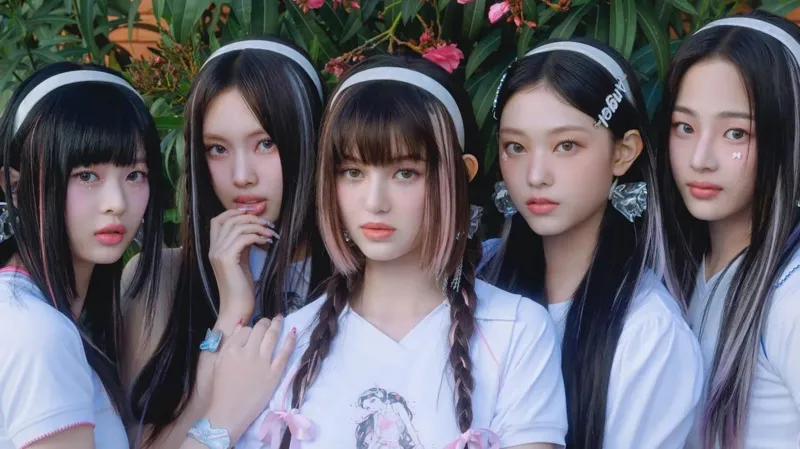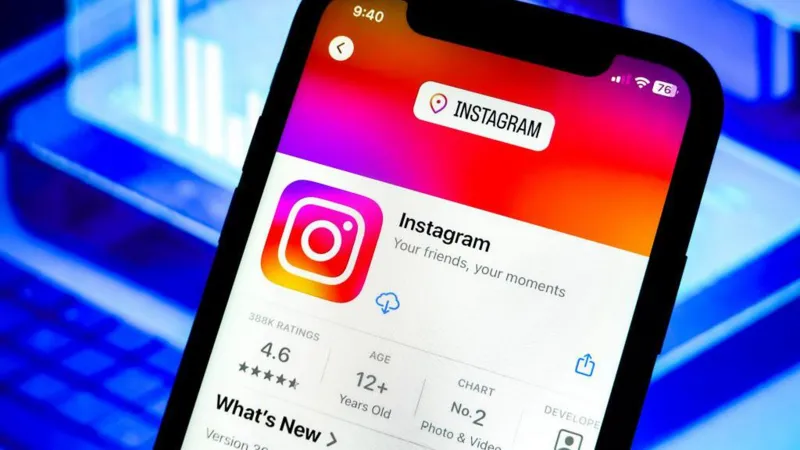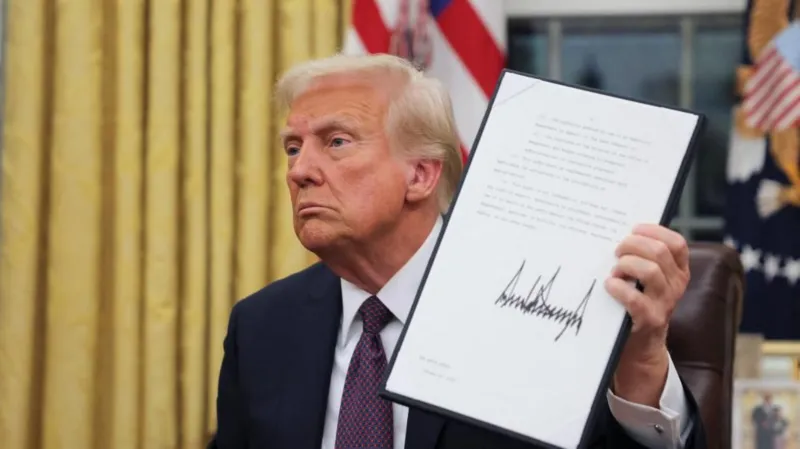In a move that has shocked fans and stirred widespread controversy, a prominent record label has initiated legal proceedings against a well-known K-pop band. The conflict, which has been simmering behind the scenes for months, has now become a public spectacle, igniting debates about the rights and responsibilities of artists and the corporations that manage them.
The legal dispute reportedly revolves around allegations of contract violations, including accusations that the band members acted in ways contrary to the terms of their exclusive agreements with the label. According to the label, the artists engaged in unauthorized activities, such as collaborating with third-party producers and brands without prior consent, which the company claims has caused financial and reputational damage.
In a formal statement, the record label expressed its disappointment, emphasizing that the company had invested significant resources in nurturing the group from their early days as trainees to their current global fame. “We have always prioritized their growth and success, providing them with world-class training, promotion, and support,” the label stated. “However, recent actions taken by the band have breached the trust and agreements we established together, leaving us no choice but to pursue legal remedies.”
On the other side, the band and their legal representatives have painted a very different picture. In their response, the artists allege that the contract terms were exploitative and heavily skewed in favor of the label. They argue that the agreement left them with little creative freedom or financial benefits, despite their immense contributions to the label’s success. Fans have rallied around the band, using social media to call attention to the larger issue of unfair treatment of artists in the entertainment industry.
This controversy highlights a recurring challenge in the K-pop industry, where young trainees often sign long-term contracts with strict conditions in exchange for the promise of stardom. While some see these agreements as a necessary foundation for building international success, critics argue that they frequently place undue burdens on artists, leaving them vulnerable to exploitation.
Legal experts following the case suggest that its outcome could set a significant precedent for future disputes between K-pop idols and their management companies. If the band succeeds in proving that their contract was unfair or unlawful, it could pave the way for more equitable agreements in the industry.
For now, the case remains unresolved, with both sides gearing up for what promises to be a contentious legal battle. Fans, industry insiders, and aspiring artists alike are watching closely, as the verdict could reshape the balance of power in the global music scene. As the situation unfolds, one thing is clear: the struggle for fairness and autonomy in the entertainment industry is far from over.




















